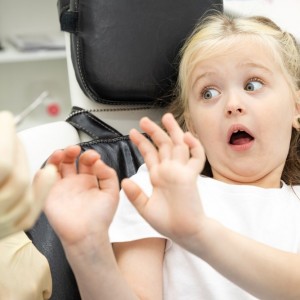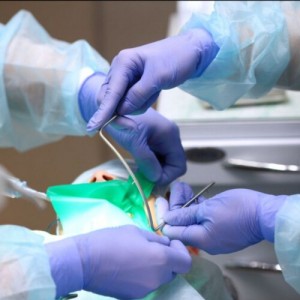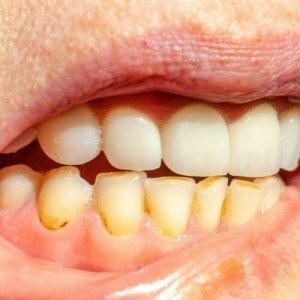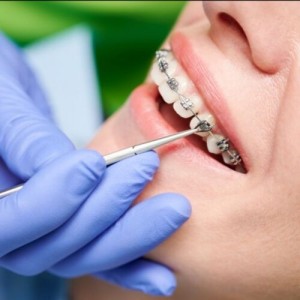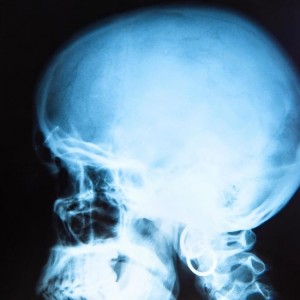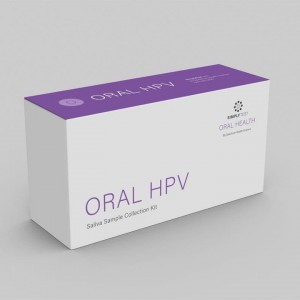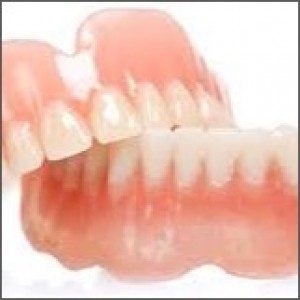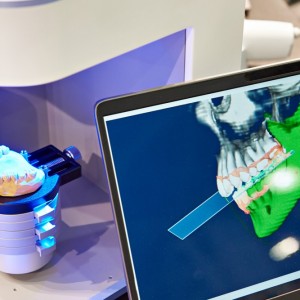
Geriatric Dentistry: Chlorhexidine against Oral Colonization
Alessandra Abbà
Poor oral hygiene has been implicated in the development of aspiration pneumonia in frail patients. In fact inadequate oral care can cause colonisation of microbes in the oral cavity. In particular, this type of pneumonia has been associated with an increase in respiratory pathogens in the oral cavity. Chlorhexidine is the oral antiseptic molecule with the most widely used and success for the control of plaque and treatment of gingivitis. Chlorhexidine is an effective agent in reducing oral colonisation and hence the incidence of pneumonia. This study published on Singapore Medical Journal on May 2016, wants to evaluate the effects of chlorhexidine compared to routine oral care in edentulous geriatric patients.
Matherial&Methods
This randomised clinical trial has been conducted in the geriatric ward of University Malaya Medical Centre. Admissible participants were patients ≥ 65 years old admitted to the geriatric unit, edentulous with or without dentures and with functional impairment. 90 participants were randomly chosen and a number from 1 to 90 were randomly assigned to them.
- Bottle A containing chlorhexidine 0.2% was given to the first column of numbers (intervention group)
- Bottle B containing thymol was given to the second column of numbers (control group). Both bottles were similar in appearance, bottle type and size, amount of solution and colour. As this was a double-blind study, patients, nurses and medical laboratory technicians were not aware of the code key. For seven days nurses assigned solutions of 20 mL once daily. Oral cavity evaluation using the Brief Oral Health Status Examination form was performed before each oral care session. Data on medication received and development of aspiration pneumonia was recorded. On day 7, an oral swab was performed to analyze the possible colonisation.
Results
In the present study, both groups had high counts of oral microbial colonisation at baseline but no significant difference was found between the groups (p = 0.317). At the end of the analysis, 12 patients were lost so 35 patient were available for the control group and 43 for the test group. In the chlorhexidine group, the oral colony count was significantly reduced after oral care compared to the baseline count (p < 0.001) for about 32 (74.4%) patients. On the contrary, results in the control group showed no significant reduction in oral colonisation after oral care with thymol. Hence, there was a significant difference in oral colonisation between the two groups (p < 0.001) from baseline to post oral care. The results also revealed that oral colonisation in the control group did not differ significantly at baseline and post oral care (p = 0.375). Recorded data showed that the risk of oral bacterial colonisation was nearly three times higher in the thymol group compared to the chlorhexidine group.
Conlcusions
Chlorhexidine was effective in reducing oral colonisation compared to routine oral care with thymol (p < 0.001). The use of chlorhexidine 0.2% significantly decreased bacterial oral colonisation and is a recommended device as it represents an easier and more cost-effective alternative for oral hygiene.
For additional informations: The effect of chlorhexidine in reducing oral colonisation in geriatric patients: a randomised controlled trial
 Related articles
Related articles
Oral Hygiene & Prevention 23 October 2025
In healthcare, the need to pay more attention to the achievement of two objectives within the society arises: health promotion and prevention in terms of nutrition, good education, sport, and...
Oral Hygiene & Prevention 03 October 2025
Dental treatment planning and management for the mouth cancer patient
The need to deliver cancer treatment promptly often requires modification of ideal dental treatment plans.
Oral Hygiene & Prevention 18 September 2025
Oral mucosal lesions and oral hygiene habits in the home‐living elderly
A large epidemiological health investigation, the Helsinki Ageing Study (HAS), was performed in 1989–1991 in Helsinki, Finland.
Oral Hygiene & Prevention 03 September 2025
Oral hygiene care for residents with dementia: a literature review
This paper presents a literature review of oral hygiene care for adults with dementia in residential aged care facilities
Oral Hygiene & Prevention 20 August 2025
Personal oral hygiene and dental caries: A systematic review of randomised controlled trials
To conduct a systematic review of randomised trials assessing the association between personal oral hygiene and dental caries in the absence of the confounding effects of fluoride.
 Read more
Read more
Much like EMTs rushing to the scene after an accident, stem cells hurry to the site of a skull fracture to start mending the damage. A new finding has uncovered the signaling mechanism that triggers...
Products 05 November 2025
SimplyTest has launched a groundbreaking saliva-based test to detect high-risk strains of oral human papillomavirus (HPV), a major cause of oropharyngeal cancers.
News 05 November 2025
Perimetrics, Inc., a dental technology company pioneering quantitative diagnostics, announced today that the U.S. Food and Drug Administration (FDA) has granted clearance for the InnerView...
News 05 November 2025
On October 15, open enrollment for Medicare began nationwide. Hundreds of thousands of seniors in New Jersey will once again face the challenge of finding the right Medicare coverage, including the...
Digital Dentistry 04 November 2025
Digitalisation is an expanding field in dentistry and implementation of digital teaching methods in dental education is an essential part of modern education.



